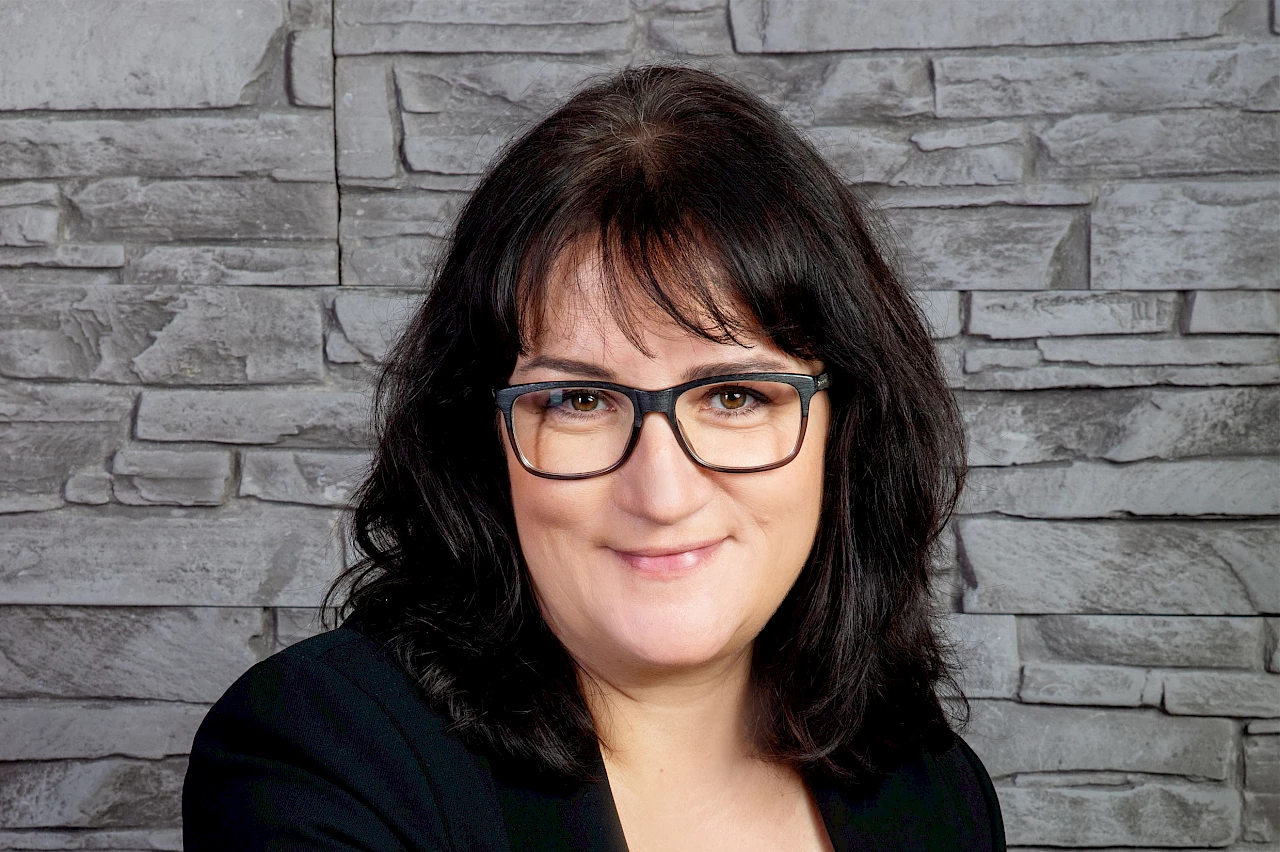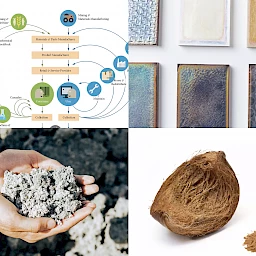The JARO Institut für Nachhaltigkeit und Digitalisierung in Berlin focuses on sustainable business processes. It deals with the interdisciplinary transfer of knowledge in areas such as sustainable procurement and the question of how much it is influenced by digital developments. That’s why our editors decided to have a talk with Yvonne Jamal, the founder and CEO of the JARO institute.
Ms Jamal, today we can see that companies are increasingly interested in sustainability issues. How can companies take effective steps toward achieving goals such as reaching climate neutrality and implementing the Supply Chain Act?
First of all, they need a clear course of action. We recommend proceeding in line with the traditional four-step concept — the process model for sustainable procurement that was developed by Professor Elisabeth Fröhlich. In the first step, you have to lay a foundation. Do I have the approval of the company’s executive board and top management? Who are the internal and external stakeholders relevant to sustainability? Which critical factors are indicated by the risk analysis of the procurement process? Which priorities, and which sustainability goals that have key performance indicators, can be derived from the risk analysis? Step 2 is the concrete sustainability strategy. What measures do companies plan to use in order to reach their sustainability goals? Here it’s not enough to ask their suppliers to present certificates. Here the most important measure is to clarify the internal governance issues so that a genuine circular economy can be established step by step. In this phase, companies have to look closely at their entire procurement process and, above all, ensure communication with their internal stakeholders. Step 3 is the active integration of the supply chain and a targeted development of the suppliers. Step 4, success monitoring, is unfortunately often forgotten in practice. Equally important in this connection is reporting — including reporting about the things that have not worked and what has been learned and deduced from them. Keywords: transparency and authenticity.
Procurement and supply chains play a key role along the road toward greater sustainability. To what extent is sustainability in procurement processes and supply chains already a reality?
Sustainability in procurement has not yet been comprehensively realized. There are a few pioneers that have already been implementing sustainability for a long time because they are intrinsically motivated to do so, but unfortunately there’s still a great deal of green marketing. Fortunately, the topic of sustainability has now become a much more public issue and is an important concern for procurement departments. So a lot of things are happening, and they are certainly supported by the Supply Chain Act. Our current study, which will be published on 2 May, shows that so far companies have made good progress with Step 1 of the procurement process model. However, the rest of the implementation by means of concrete measures is still difficult. In particular, the strategically important issues of requirements planning and supplier development are unfortunately still not being sufficiently taken into consideration.
What hurdles must companies that are moving toward sustainable quality assurance surmount?
First and foremost, companies have to overcome their preconceptions and realize how beneficial sustainability would be for them. That’s because sustainability is here to stay. What sustainability requires is a clear positioning on the part of management, the integration of sustainability aspects into existing business models, the creation of attractive incentives and the formulation of performance targets. In addition, sustainability should not take place in an ivory tower. Instead, it should be firmly established throughout the entire organization and together with the company’s business partners in the supply chains. At the moment, many companies still feel overly challenged by the issue of sustainability because they lack professional know-how. This is where work should start.
What tips can you give to companies that want to implement sustainability measures over the long term at the level of their employees and suppliers?
It helps to build up knowledge and have a structured approach. Look for reliable sources and learning programmes that you can use for continuing education about the topic of sustainability. Attend professional sustainability-related events and build your own network. Point 2: Be open — to cooperative activities with universities and NGOs, and also to communication with organizations that support the market. Make use of the existing scope for structural change at your company, and start with those people in your organization who are willing, in order to begin the process of change.
Which areas of expertise have to be built up inside organizations in order for this to happen?
For one thing, traditional expertise regarding actions and methods; for another, social skills. In the area of sustainability, it’s important to be open to innovation, to be able to take the initiative and to have a proactive and positive attitude. In addition, you need to be committed to lifelong learning, willing to cooperate with suppliers and stakeholders and unafraid of making mistakes. The third aspect is information literacy. Where can I find helpful information, and where can I find out more about the topic of sustainability? The JARO Institute offers a number of publications and learning opportunities in this area.
Demand determines supply. In the near future, will products that are not sustainable still have any justification for existing?
In the future, increasing regulation and the limited availability of resources alone will lead to a situation in which sustainable products increasingly become the standard and companies have to critically reassess their business models. But I believe that the core aspect, and also the biggest challenge, is to drive and actively support behavioural change in the direction of sustainability.
Ms Jamal, thank you for this interview.






